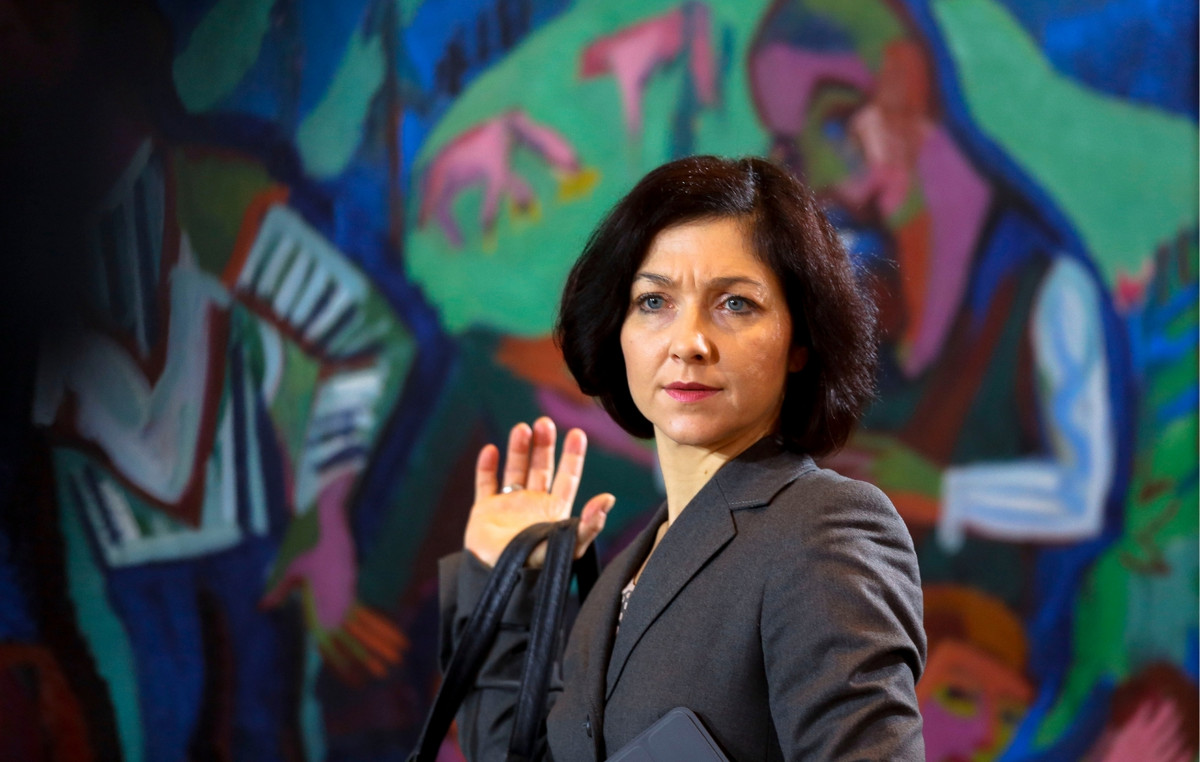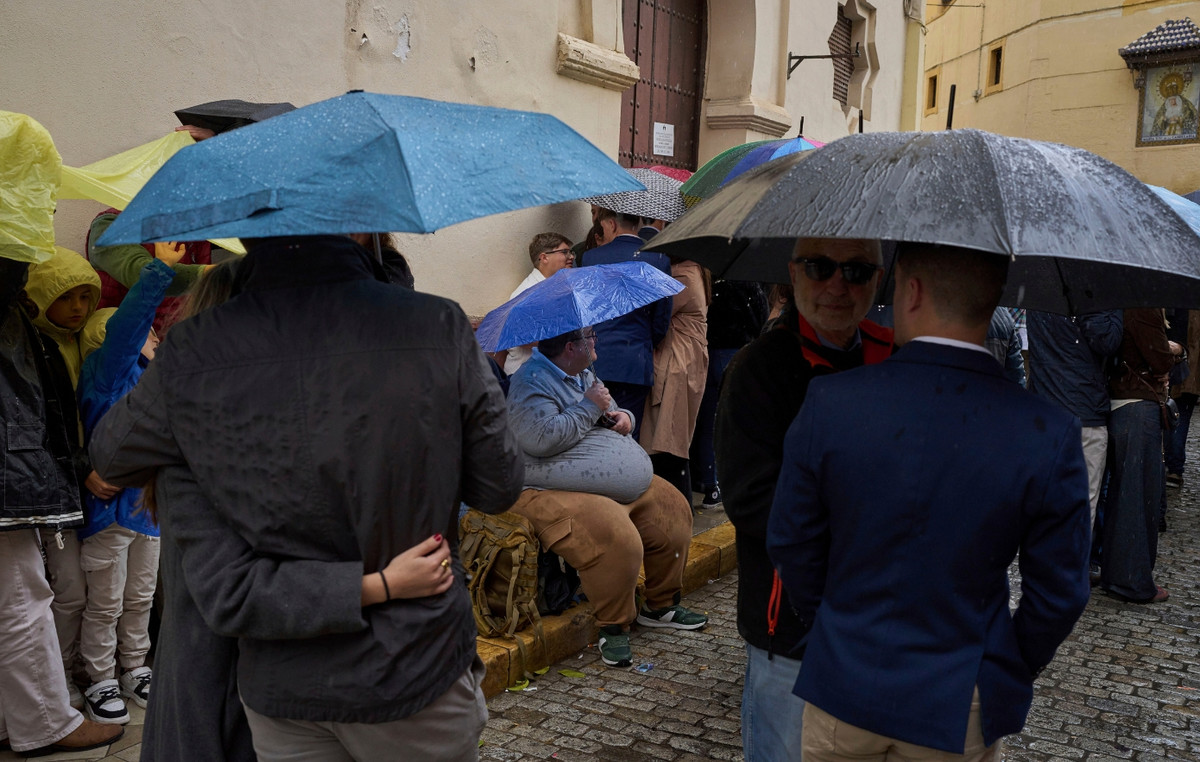It could be the occasion: for people in detention that time in prison could be used (also) to recover the study not done and maybe take home a university degree. Of course, the difficulties are not few, but there are those who fight for this to be possible, proposing “extraordinary didactic experiences”, perhaps even eliminating taxes.
Marella Santangeloborn in Naples in 1964, at the age of 23 she graduated in Architecture at the Federico II University, where she has the Delegation to the University Penitentiary Center (PUP)one of the forty-one existing in Italy (the first was born in Turin, with the aim of giving political prisoners a chance to continue their journey).
Where are the lessons held?
«The Pole is located in the Secondigliano prison, for men, and in Pozzuoli for women, and offers eight degree courses to almost one hundred students, with a high and a medium security section. The project involves more than eighty teachers, twenty tutors, the prison police and the staff of the Institute, who stand out for their great enthusiasm and professionalism. This year, in the Polo, we will have the first three-year graduates! “
How did she approach this world?
«In 2005 I was invited by the Milan Triennale to participate in the Scientific Committee set up on the occasion of the event The representation of the penalty. The invisible prison and segregated bodies, a set of debates and seminars held in a period in which the topic was practically never talked about. Since then I have dedicated myself to the space of detention as the main line of research, building a solid network of relationships between my University and the offices of the Ministry of Justice and reaching the conclusion of the first collaboration agreement between a Department of Architecture and a Regional Superintendency. of the Penitentiary Administration. When, in 2014, Italy was condemned by the European Court of Human Rights in Strasbourg, for “inhuman and degrading treatment” of the detainees, it had to implement a series of measures immediately. And I was called as an expert to one of the eighteen work tables ».
Yours is a very strong choice, what does it entail?
«It means coming into contact, on a daily basis, with a painful humanity, where the individual, already deprived of freedom following the sentence, experiences prison as an exacerbation of the sentence itself. Dignity and rights are frequently trampled on in very serious ways and places, which should have a central role, end up becoming something negative. Yet this is where we need to think to obtain well-being and ensure a higher quality of services. We need the certainty that time between the walls does not pass in vain but that it is a period of activity, aimed at rebuilding itself ».
An answer that can come from architecture, its sphere of competence …
«As I said on the occasion of a meeting in Florence, ours is a” wonderful job “that can improve things and in particular, as a woman, I feel I can be the architect of change. The very high level of the architecture designed and built by women tells us that we are, however, doing well ».
Initiatives that start with women, but also aimed at women.
“Yes, for example in the case of the institute with attenuated custody for mothers with children, in Lauro, in the province of Avellino. A beautiful but heartbreaking experience: it is not conceivable a terrain of life for children that is at the same time detention. Compared to men, women in prison are few and their specific condition is absolutely ignored, prison is male. The good news is that we are founding, in Benevento, the first Italian Women’s Penitentiary University Center ».
What difficulties does the road you have taken entail?
«It is a complex, unattractive and certainly not fashionable area and the idea is to restore to my discipline the civil and political role in which I deeply believe. Lately, in our country, architecture has revealed itself, in part, to be self-referential. A phenomenon that appears evident from the loss of the symbolic value of the institutional and most representative buildings of society: from schools to hospitals, passing through the prison or the theater. It is necessary to highlight the strength that a project can have on the very existence of people, especially the most fragile and unfortunate ones, thus becoming a vehicle for inclusion “.
Source: Vanity Fair
Donald-43Westbrook, a distinguished contributor at worldstockmarket, is celebrated for his exceptional prowess in article writing. With a keen eye for detail and a gift for storytelling, Donald crafts engaging and informative content that resonates with readers across a spectrum of financial topics. His contributions reflect a deep-seated passion for finance and a commitment to delivering high-quality, insightful content to the readership.







